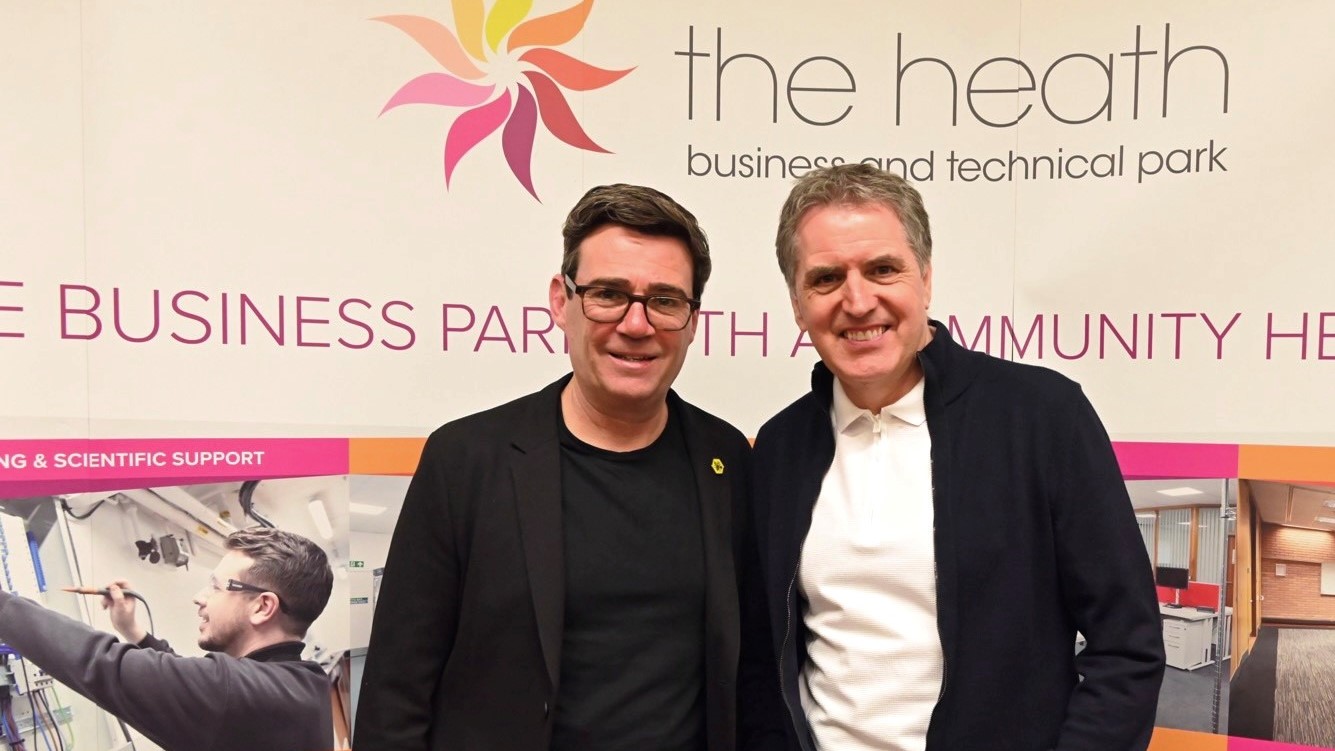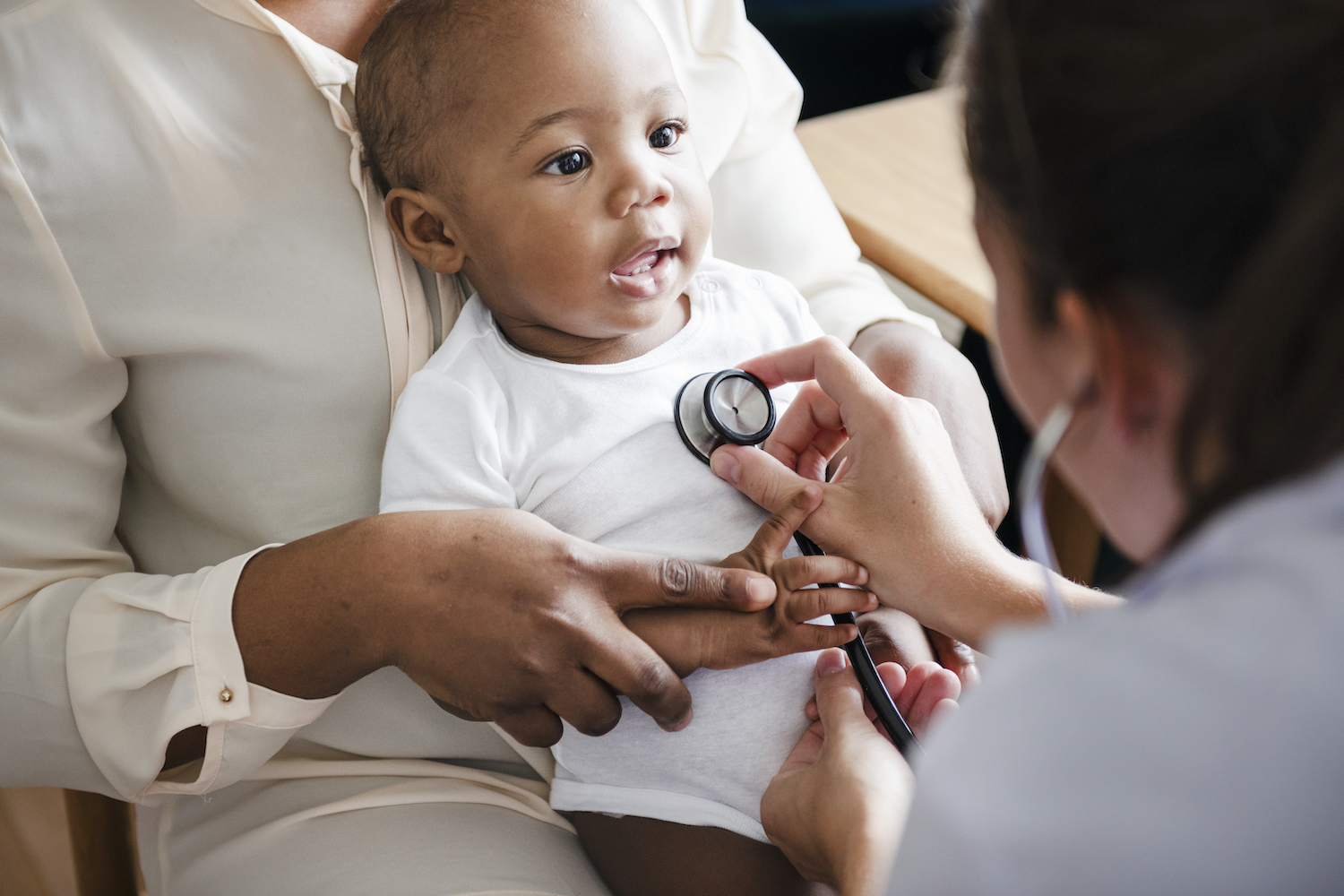Liverpool Obesity Network – working to tackle obesity through collaboration
Obesity rates across the UK have increased further during to the COVID-19 pandemic, raising the population risk of serious illness and morbidity related to the virus.
Obesity Awareness Week runs until January 16th with the aim of raising awareness of how obesity affects our health and what we can do to improve the nation’s collective wellbeing.
Obesity is a complex health issue. The Liverpool Obesity Research Network (LORN) is a network of research, healthcare and community organisations working to tackle obesity across the Liverpool City Region. Led jointly by University of Liverpool and Alder Hey Children’s Hospital, LORN is working to reduce obesity rates through a collaborative, multidisciplinary approach.
The University of Liverpool’s Dr Emma Boyland said: “LORN is at the heart of a range of multidisciplinary obesity research projects with regional, national and international impact.”
Dr Boyland was senior author of a recent paper reporting on a collaborative research project into the advertising of junk food on bus shelters in deprived areas of northern England by academics from psychology, public health and geography, public health practitioners and local council representatives.
It concluded: “Food advertising is extensive on bus shelters in parts of the UK, and a substantial proportion of this advertising is classified as less healthy and would not be permitted to be advertised around television programming for children. Bus shelter advertising should be considered part of the UK policy deliberations around restricting less healthy food marketing exposure.”
Dr Senthil Senniappan, Associate Professor, University of Liverpool and Consultant Paediatric Endocrinologist, Alder Hey Children’s Hospital, is part of LORN and one of the authors of the recently published review Childhood obesity: A review of current and future management options.
Among its conclusions, the authors said: “To manage the growing public health crisis caused by increasing rates of childhood obesity across the globe, effective and well-researched treatment options are essential.
“In terms of paediatric populations, the number of potential therapies and the research to support their use is lacking when compared to treatment available for adults with obesity, although increasing research is being devoted towards childhood obesity.”
The issue of young people’s dietary health was also highlighted in a recently published major study that painted a stark picture of inequality for children growing up in the North of England post-pandemic compared to those in the rest of the country.
The Child of the North report was written by more 40 leading academics from across the North of England including Professor David Taylor Robinson and Professor Helen Stalford from the University of Liverpool.
Among its many findings, the report noted that children in the north are more likely to be living with obesity (22.6%) than a child elsewhere in England (20.5%) at age 11.
Professor of Public Health and Policy at the University of Liverpool and co-lead author of the report Prof David Taylor Robinson said: “Children growing up in the North of England get a bad deal. Due to poverty and lack of investment, their outcomes are worse across the board – from risk of death in childhood, to obesity, mental health, and education, and the pandemic has made the situation worse. The stark inequalities exposed in our report are preventable and unfair. Levelling up must begin with better policies for children.”
People living in deprived areas are more than twice as likely to have obesity due to biological, genetic, psychological and social determinants.
LORN will strive to ensure obesity is prioritised as a health issue.
Dr Boyland said: “Now more than ever we need to work together with partner organisations and groups to stimulate new research activity in Liverpool and the north west – practical solutions are urgently needed to help people achieve and maintain a healthy weight, undertake proper treatment and reverse the obesity crisis.”
Get in touch via LivLorn@liverpool.ac.uk or follow @LivLORN on Twitter.



